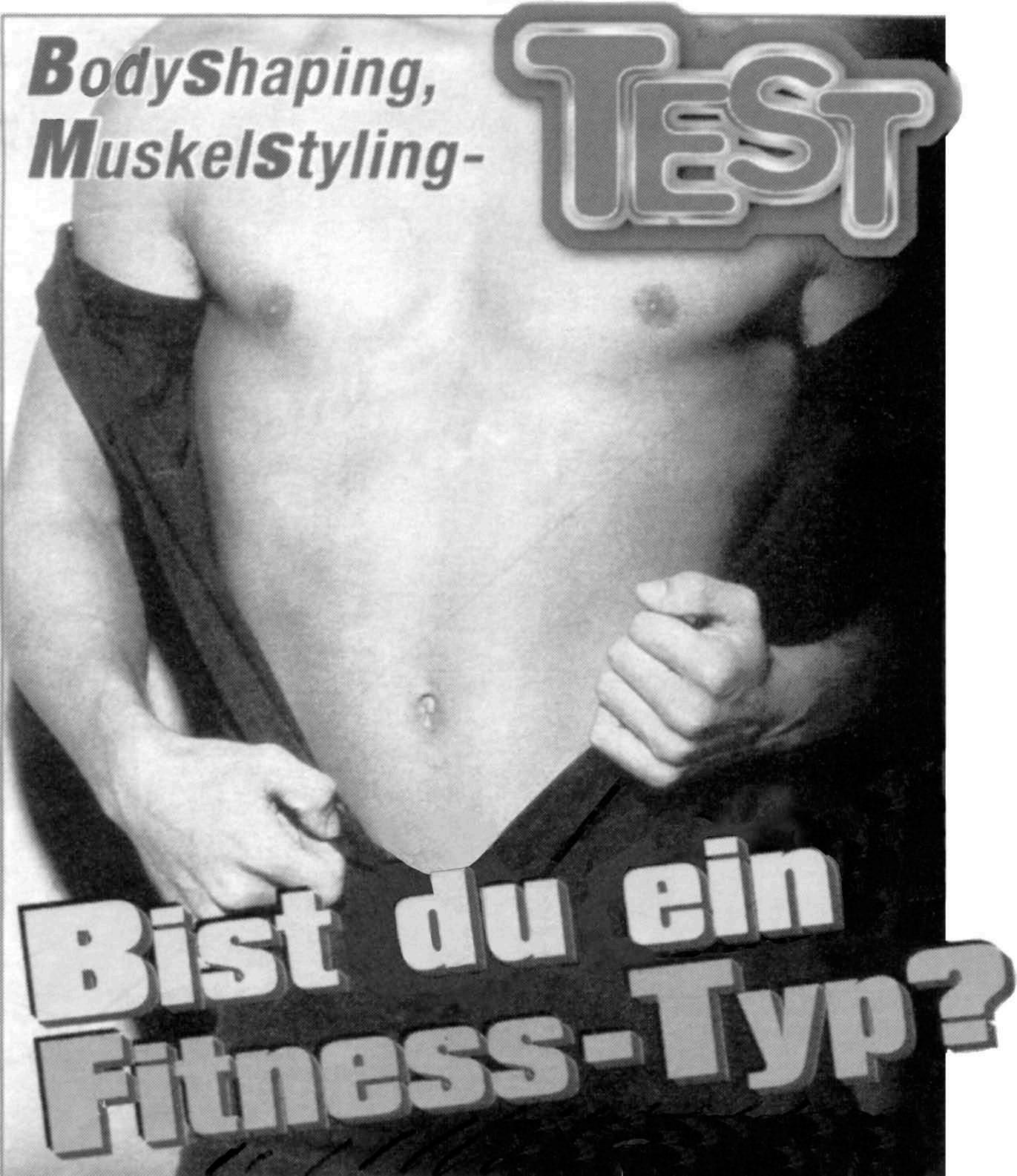172
Word formation
PAST PARTICIPLES used as nouns indicate persons who have done something or had something done to them, or things which have been done: new resident fiancé(e) something agreed
der/die Zugezogene der/die Verlobte das Vereinbarte
11.3 Compound nouns The ease with which compound nouns can be formed is a characteristic of German, and the use of compounds has increased over the last hundred years, so that even complex words like Fahrpreisermäßigung (fare reduction) or Autobahnraststätte (motorway service station/ restaurant) are in everyday use.
Almost any part of speech can combine with a
NOUN
to form a compound. Compounds
always have the GENDER of the last element: noun noun
das Haar die Bürste
→ die Haarbürste hairbrush
adjective noun
edel der Stein
→ der Edelstein jewel
numeral noun
drei der Fuß
→ der Dreifuß tripod
verb noun
hören der Saal
→ der Hörsaal lecture theatre
preposition noun
unter die Tasse
→ die Untertasse saucer
adverb noun
jetzt die Zeit
→ die Jetztzeit present day
Many noun noun compounds need a linking element: -e-
das Pferd der Stall
→ der Pferdestall stable
-(e)s-
das Kalb das Leder
→ das Kalbsleder calf leather
-(e)n-
die Scheibe der Wischer
→ der Scheibenwischer windscreen wiper
-er-
das Kind der Garten
→ der Kindergarten kindergarten
There are no fixed rules as to when you use one of these linking elements and you need to learn the link with each word.
Although German forms compound nouns very readily, you need to be aware that you cannot simply put any two words together. A compound always indicates a type of something, so Krankenhaus is a type of Haus, and Schreibtisch a type of Tisch. But a compound like *Blauhimmel for ‘blue sky’ is not possible, because it is not a type of Himmel – it simply describes the sky, so you have to use the adjective with the noun as in English: der blaue Himmel. In particular, ADJECTIVE NOUN compounds are quite restricted and tend to have special meanings which are not just the sum of their parts. In this way, eine Großstadt is something










